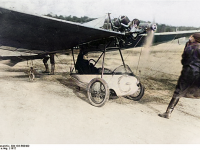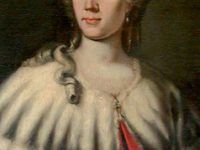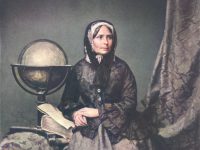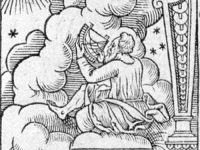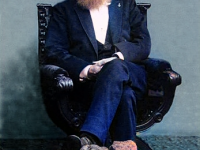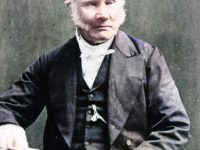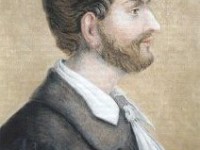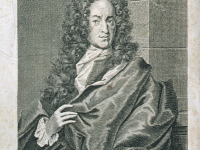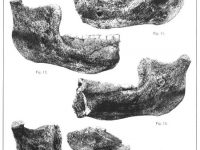Hans Grade – The forgotten German Aviation Pioneer
On October 30, 1909, German aviation pioneer Hans Grade won the 40.000 Reichsmark “Lanz-Preis der Lüfte“, flying a new monoplane design, the ‘Libelle’ (Dragon Fly), the first really airworthy motor plane of Germany. Most probably, you have never heard of Hans Grade, who is also scarcely known in his home country. Nevertheless, he is one of the early pioneers of aviation and today, we will tell his story. Early Life and first Aviation…
Read more

